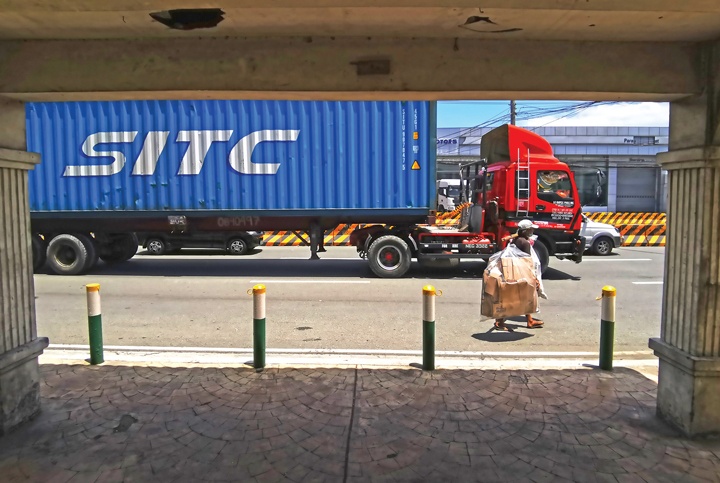
Amid Covid, climate risks, decent work is a top challenge in Asean
ENSURING decent work amid the effects of climate change, the pandemic, and other calamities topped the agenda of labor groups in Southeast Asia during the forum held by the International Labor Organization (ILO) in Makati earlier this week.
To realize the agenda, the concerned group urged the Association of Southeast Asian Nations (ASEAN) to provide a voice to the labor sector in its policy-making initiatives.
The 30 representatives from trade unions and organization from the two-day Trade Union Strategies for Resilience and Renewal post-Covid 19 (novel coronavirus disease) subregional conference of ILO issued a two-page joint conclussion containing the said initiatives.
The representatives of the forum came from Cambodia, Indonesia, Lao PDR, Malaysia, Myanmar, Philippines, Singapore, Thailand, Timor Leste, and Vietnam.
Safety net
In their conclusion, they stressed the important role of labor groups to push for the adoption of inclusive social protection measures in Southeast Asia to “mitigate the negative impacts on workers and their families in the event of a pandemic, climate event, or other natural and man-made disasters.”
Workers affected by such calamities, they said, should still be covered by international labor standards, including occupational safety and health standards (OSHS).
They also discussed the need to organize workers with new forms of employment such as platform work, and the promotion of “green jobs” and “just transition” in addressing climate change.
Also tackled in the document were the appeal for the restoration of democracy in Myanmar and for stakeholders to respect human and labor rights in the Philippines.
Timely conclusion
A crucial step towards ensuring these goals will be achieved, they said, is for the ASEAN to accredit and recognize the ASEAN Trade Union Council (ATUC) to become its “social dialogue partner” in developing its labor policies.
ILO Bureau for Workers’ Activities (ACTRAV) Director Maria Helena André welcomed the “timely” joint conclusion from the participants especially as countries are now engaged in pandemic recovery initiatives.
“It is important that workers organizations are also ready to contribute to that,” André told reporters in an interview on Tuesday.
The ILO official noted governments, employers, and workers should strive in creating “development models and development packages that take into consideration workers interest and workers rights.”
ILO, she said, is ready to extend more assistance to the labor sector to help create solidarity among their ranks through capacity building and organizing dialogues and forums.
“We remain committed to supporting the trade unions in the region in every step, to promote inclusive, equitable and sustainable development to advance the Decent Work Agenda and safeguard the rights of all workers in the region,” André said.
Source: https://businessmirror.com.ph/2022/10/14/amid-covid-climate-risks-decent-work-is-a-top-challenge-in-asean/
Other Interesting Articles
 Thailand Cracks Down on Illegal Online Gambling Websites Sep 20, 2022
Thailand Cracks Down on Illegal Online Gambling Websites Sep 20, 2022











